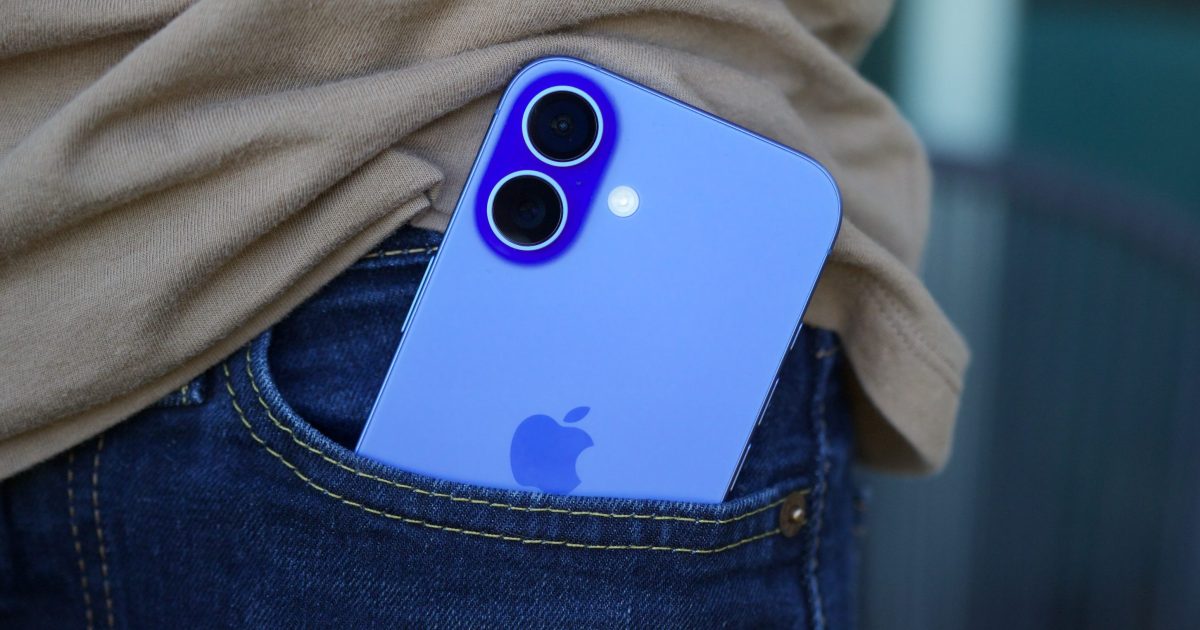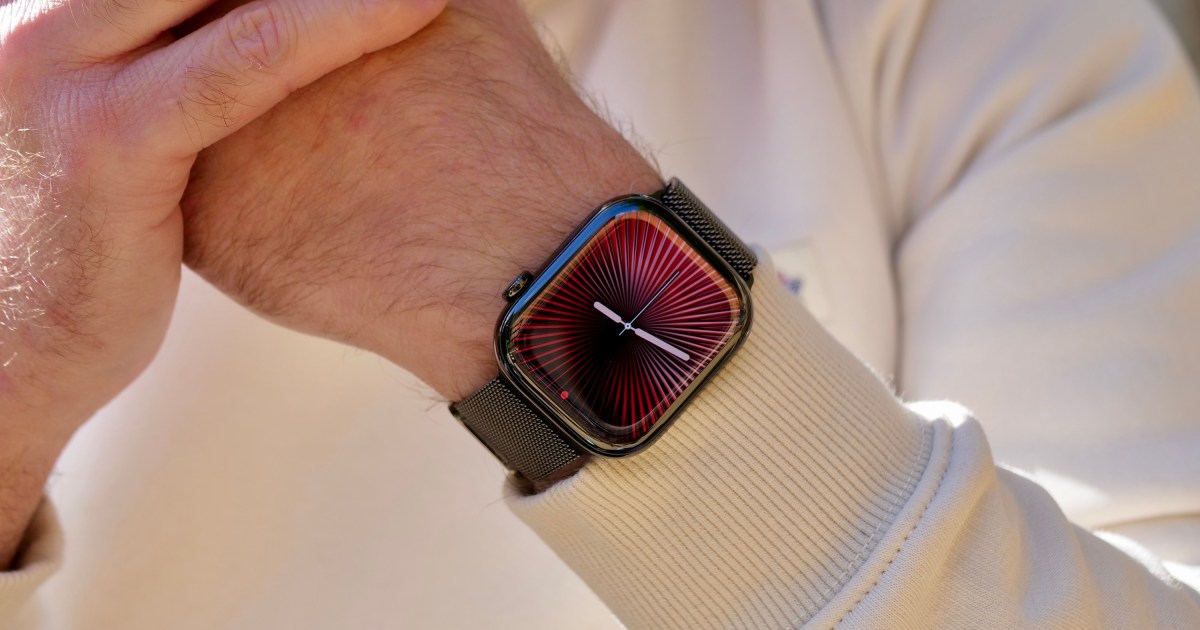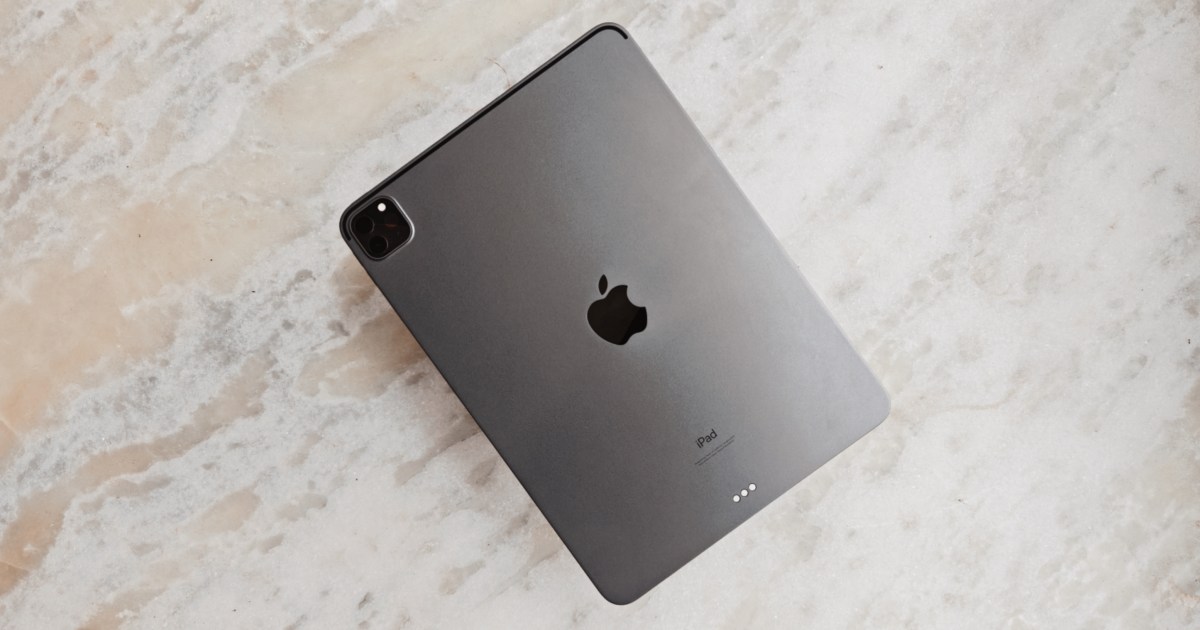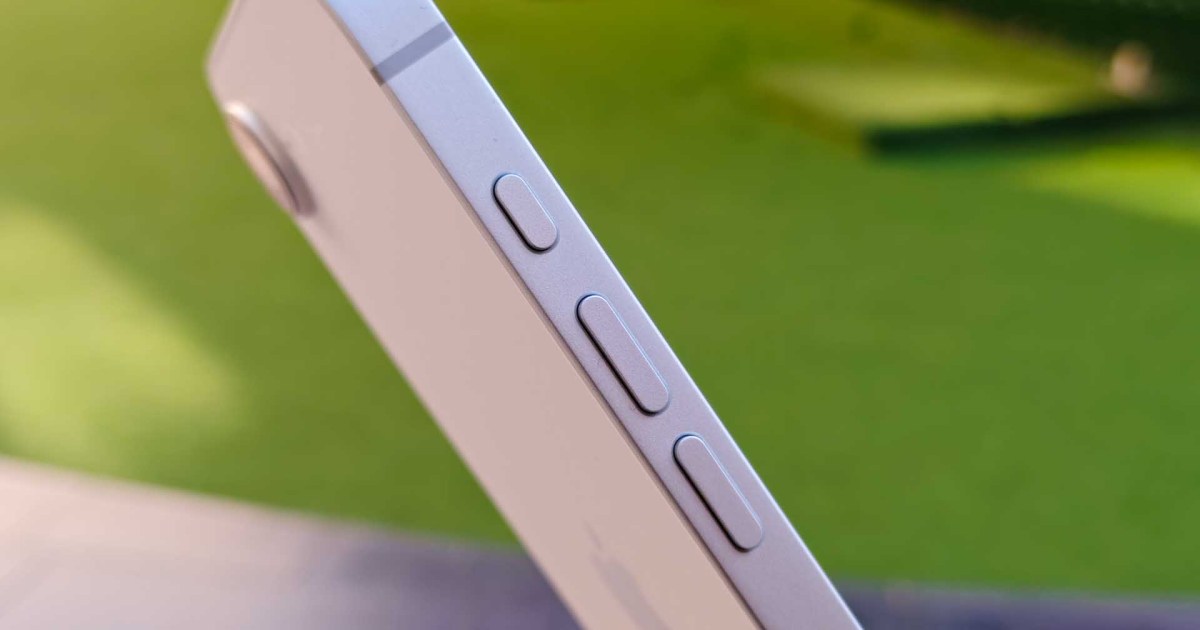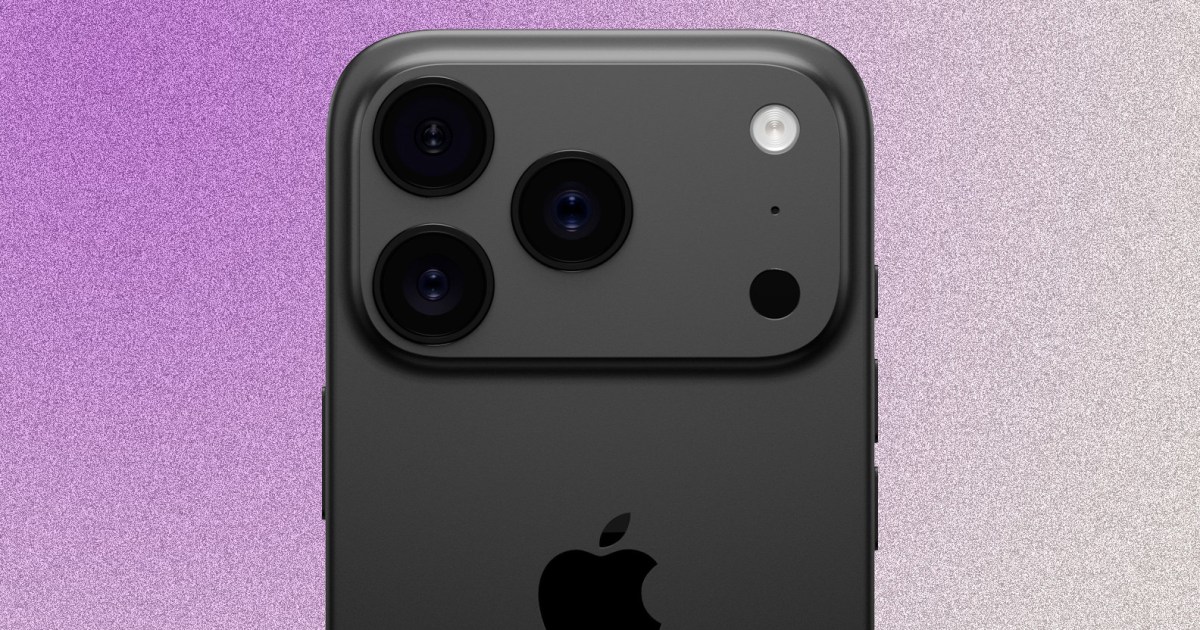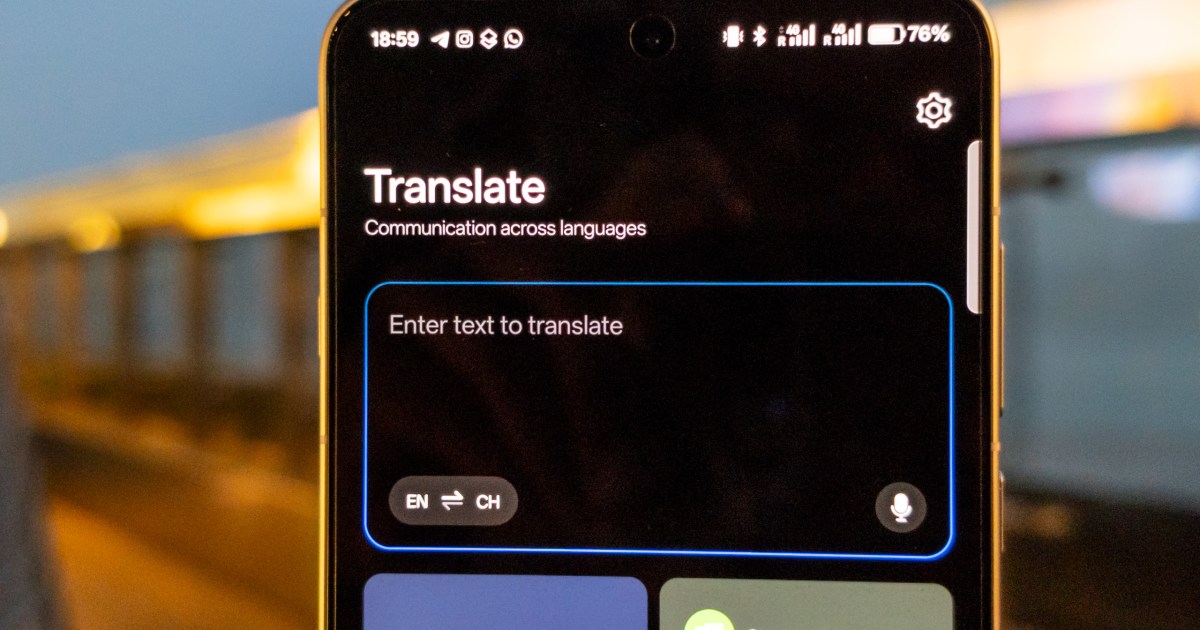Smartphones are central to our digital lives, serving as hubs for communication, finances, and even professional work. The theft of an iPhone can be devastating, particularly the loss of irreplaceable data. A recent lawsuit against Apple offers a glimmer of hope for victims struggling to recover their digital lives.
According to The Washington Post, Michael Mathews, a Minnesota tech executive, has filed a lawsuit against Apple in the U.S. District Court for the Northern District of California. Mathews, whose iPhone was stolen in Arizona, seeks access to two terabytes of data representing his “entire digital life,” including family information, along with $5 million in damages. The device contained crucial personal and professional data, including tax filings and research, the loss of which led to the closure of his tech consulting firm.
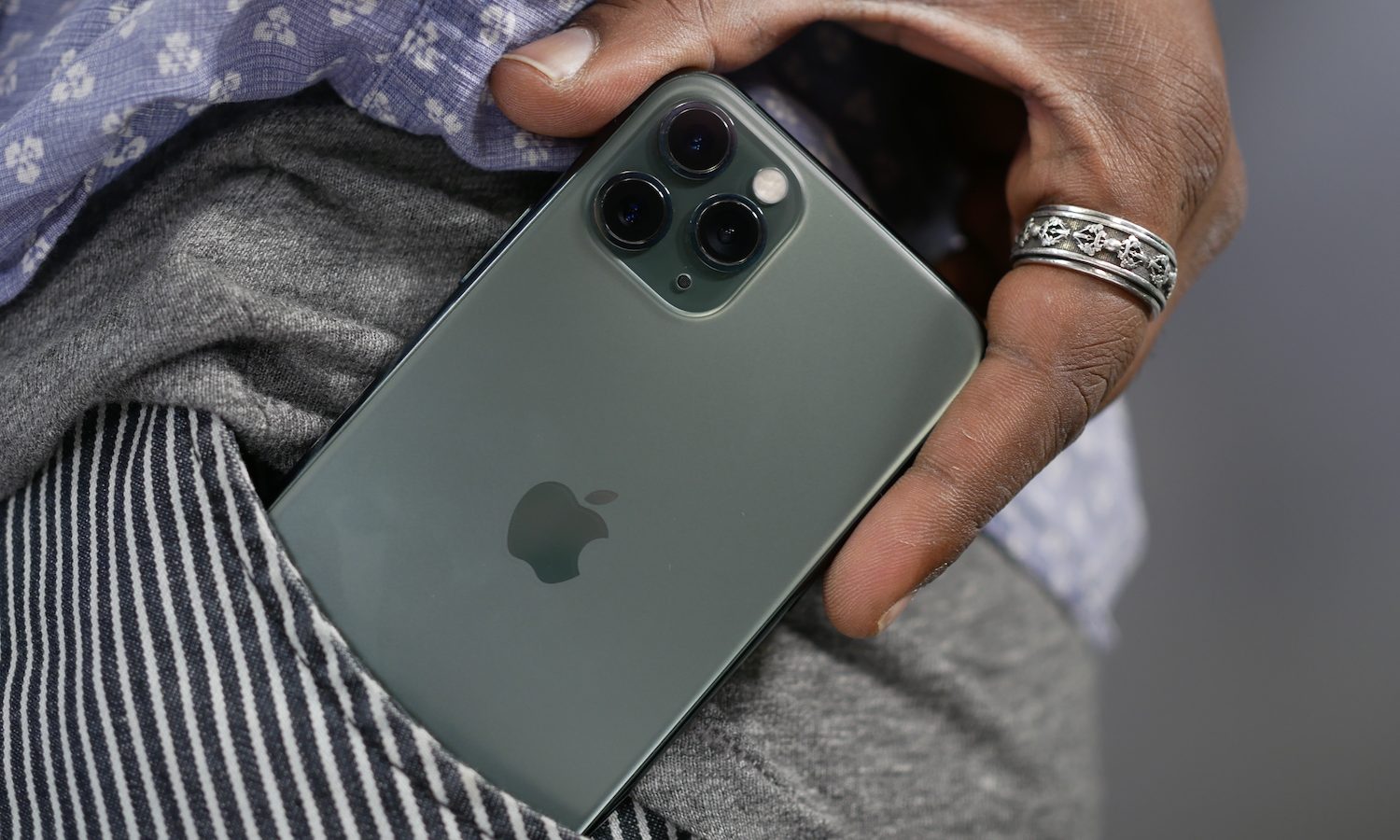 iPhone 11 Pro in Pocket.
iPhone 11 Pro in Pocket.
Mathews claims Apple refused to reset his account’s Recovery Keys, preventing him from accessing his data. The lawsuit alleges that “In so doing, Apple perpetuates and aids the hackers in their criminal activity.”
What Happens When Your iPhone is Stolen?
Apple recommends immediately marking a lost or stolen iPhone as “Lost” via the Find My app. This action locks the device with a passcode and suspends Apple Pay cards and passes.
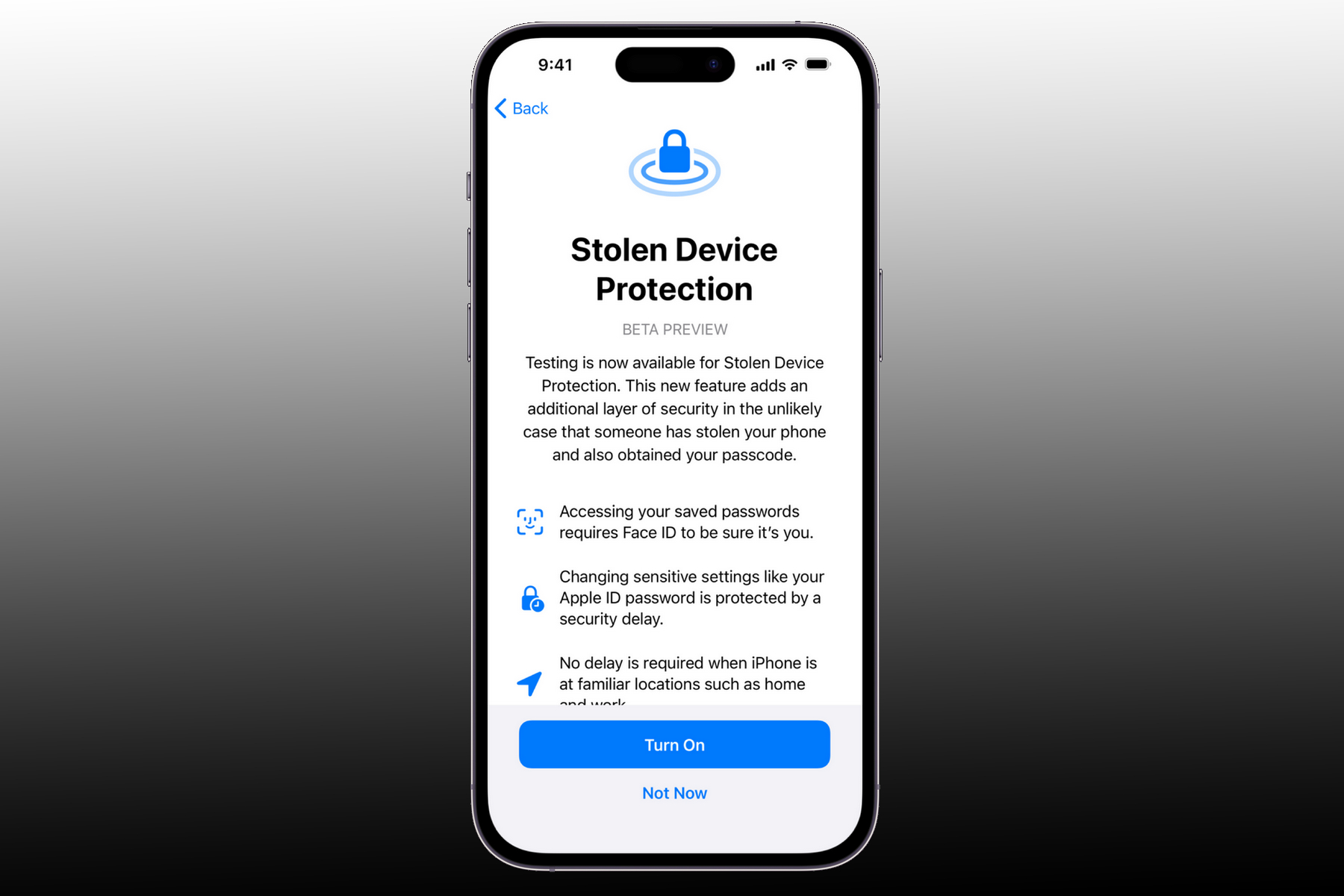 Stolen device protection feature on iPhone.
Stolen device protection feature on iPhone.
Apple also offers Stolen Device Protection, which requires Face ID or Touch ID for accessing sensitive data like passwords and banking information. It can also detect unfamiliar locations and block actions such as disabling Find My, using Apple Pay, and accessing the password keychain. Users can also reset their Apple ID password and update trusted phone numbers, emails, and recovery methods from their Apple account dashboard. A final option is to remotely erase all data on the lost iPhone, but this is irreversible.
Recovering Lost Data: A Challenge
Remotely wiping data isn’t always feasible, especially when it involves crucial work, legal, or financial information. Retrieving data from a lost device without a cloud backup presents a significant challenge, as Apple doesn’t offer a universal solution. The lawsuit against Apple questions the company’s right to withhold user data. The legal process, including evidence gathering and review, could take up to eight months, followed by a potential court order requiring Apple’s compliance.
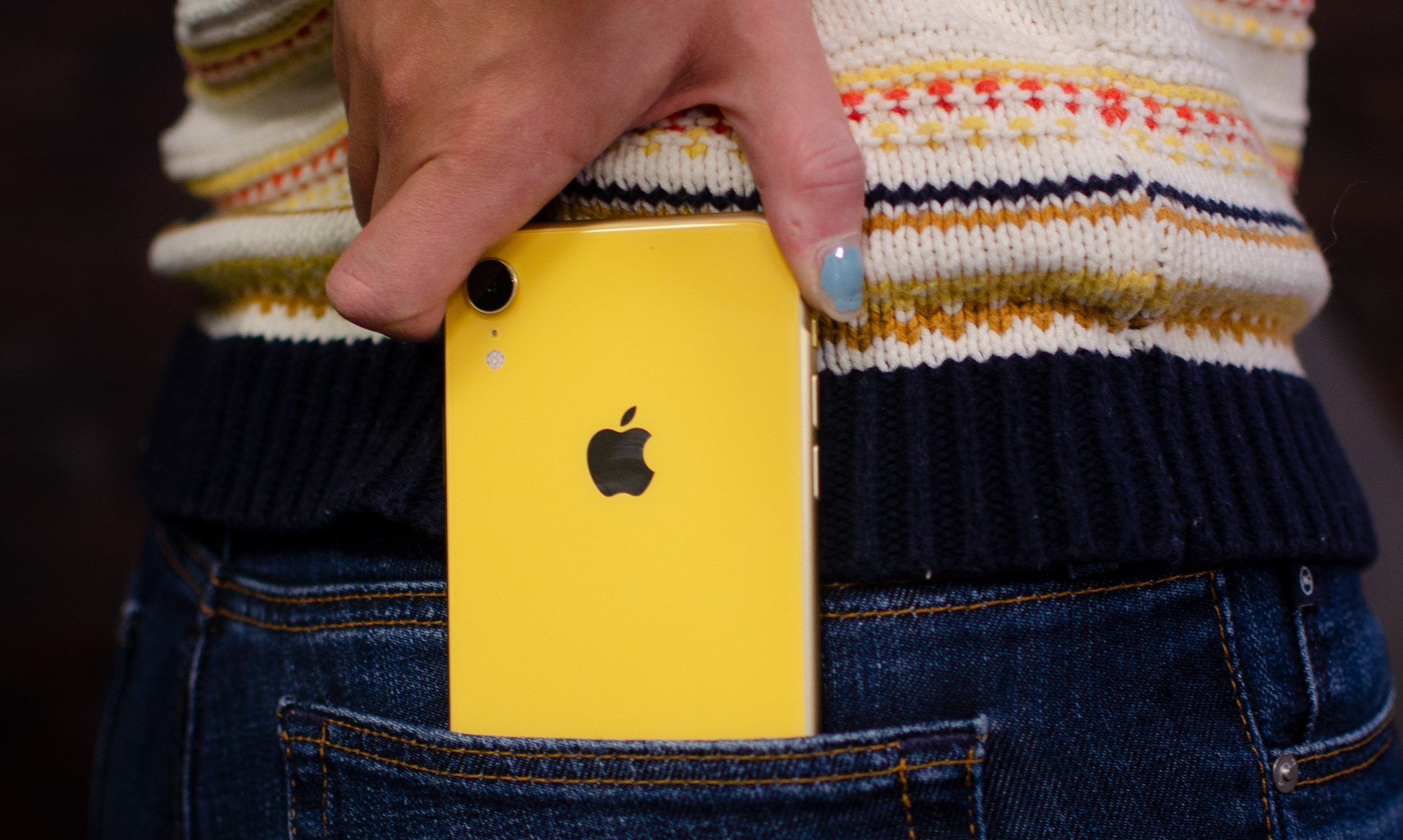 Person taking an iPhone out of their pocket.
Person taking an iPhone out of their pocket.
Even Apple’s safeguards are vulnerable if a thief obtains the passcode. They can disable security features, change the linked email address and recovery details, effectively locking the owner out. Apple states, “If you lose your recovery key and can’t access one of your trusted devices, you’ll be locked out of your account permanently.” While cloud-stored data remains, experts suggest Apple chooses not to return it to rightful owners.
A Glimmer of Hope?
Many iPhone users are unaware of features like Stolen Device Protection and Advanced Data Protection, the latter encrypting all iCloud data, including backups, messages, notes, and photos.
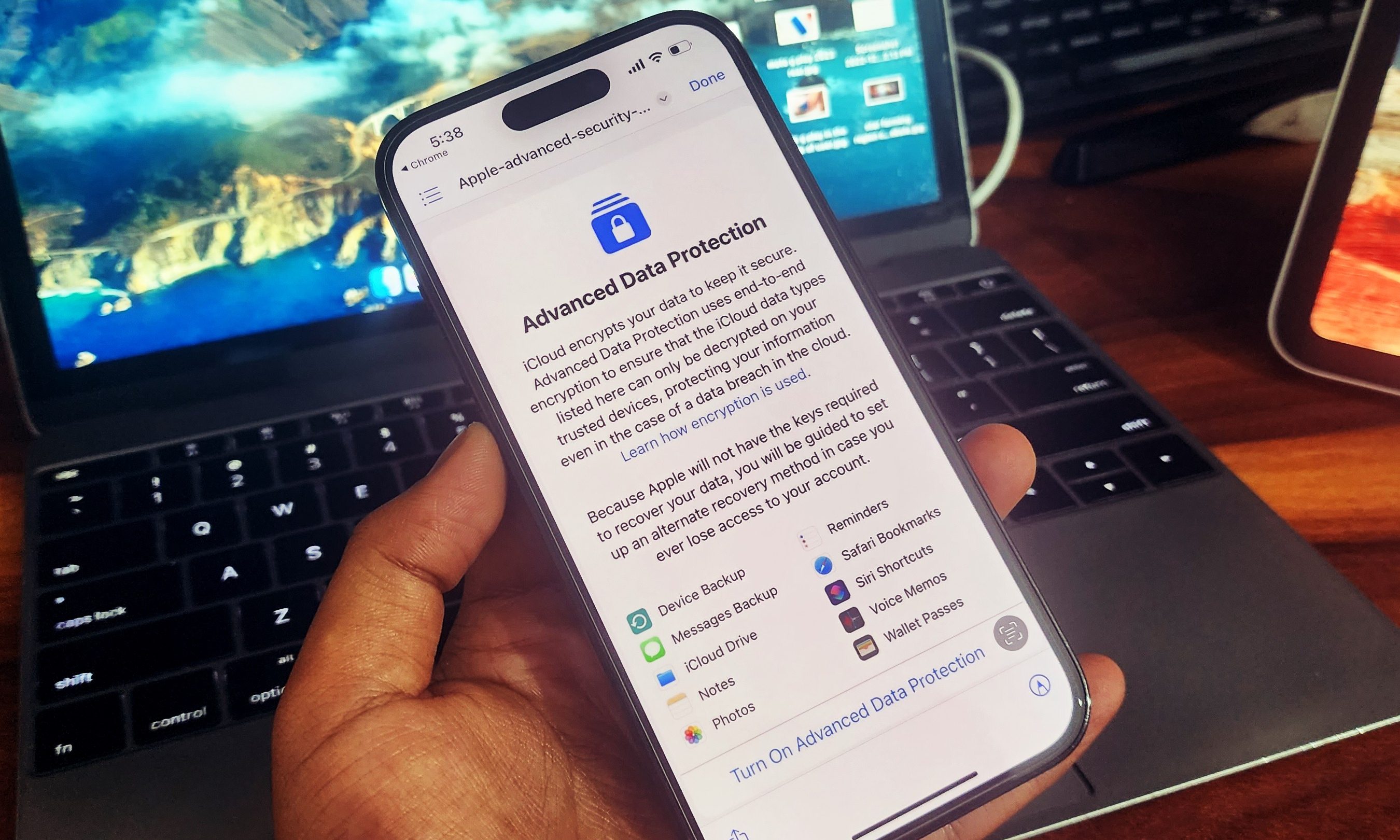 Apple advanced data protection.
Apple advanced data protection.
This end-to-end encryption means even Apple cannot access the data. If enabled and the device is stolen, recovery relies on finding the device or acting swiftly before the thief alters account settings. It’s a race against time and a tech-savvy thief. Apple’s privacy-focused approach, while laudable, can hinder recovery efforts. Recourse often requires law enforcement involvement or costly legal battles.
The lawsuit against Apple offers a potential turning point. Attorney Jon Breyer, representing Mathews, has reportedly taken on similar cases, raising the possibility of Apple assisting these victims or implementing a more robust system for data recovery in cases of theft.



